This episode of WTF Happened to This Horror Movie? was Written by Emilie Black, Narrated by Jason Hewlett, Edited by Ryan C, Produced by Lance Vlcek and John Fallon, and Executive Produced by Berge Garabedian.
The Crow series is a prime example of the sad but true happening of diminishing returns. While these are not 100% horror, they are often categorized as so and do contain a certain amount of horror elements. So if horror-adjacent is an issue, you’ve been warned. When it comes to the third entry in the series, well, it’s not exactly beloved. But it turns out it’s not the worst of the bunch, either. The Crow: Salvation (get it HERE) didn’t do well upon release, didn’t exactly do well financially, and it’s not beloved by fans. Yet, something is interesting here, and it may be a lesson about filmmaking, timing, and taking risks.
Coming back fully into the shadow of The Crow, Salvation brought the story back to being about eternal love. As you see, the sequel, The Crow: City of Angels, was about a father avenging the brutal death of his son. Here, in Salvation, the film goes back to a lover’s rape and death needing to be avenged. With the added framing of another victim as the killer. The Crow: Salvation follows Alex Corvis, a man unjustly condemned to death for the murder of his girlfriend, Lauren. Alex, now on death row, has a few final words regarding his love and his innocence, but the film wouldn’t happen if he didn’t die. So, the switch is flipped, he gets electrocuted, and the story’s set into motion. Not long after, he comes back while at the morgue, a major change from the original, where Eric is buried first and does not instantly come back. Here, another major change comes in the form of his look. He has his janitor-like suit on and make-up on his face; the Crow look does not happen through make-up, but through his skin falling off around his eyes and mouth, leaving open wounds due to the mask put on him during his electrocution.
From there, he searches for answers, leading him to his lawyer, who serves as the Ernie Hudson character of this story. Guiding him a bit, and being his connection to the world of the living and law. Also, there to help him is the trusted Crow, for which things go just about the same as in the original, with some small variations. Along the way, Alex finds his girlfriend’s sister, who is the Sarah equivalent here. The lead bad guy is a corrupt police Captain, so our Top Dollar, with his assistant taking the place of Myca without the incest angle. There are a lot of parallels with the original, bringing the story to a couple targeted by a gang of criminals and eliminated. Of course, there are other aspects here, but generally speaking, it’s a very, very similar story with some changes to update it and not have it be a carbon copy. The main change here would be in the lead; he is a 19-year-old dude, and if you rewatch the film with this knowledge, you see some of his dumb decisions. And his actions could be attributed to “he’s just a kid”. And that is part of the many issues with the story here.
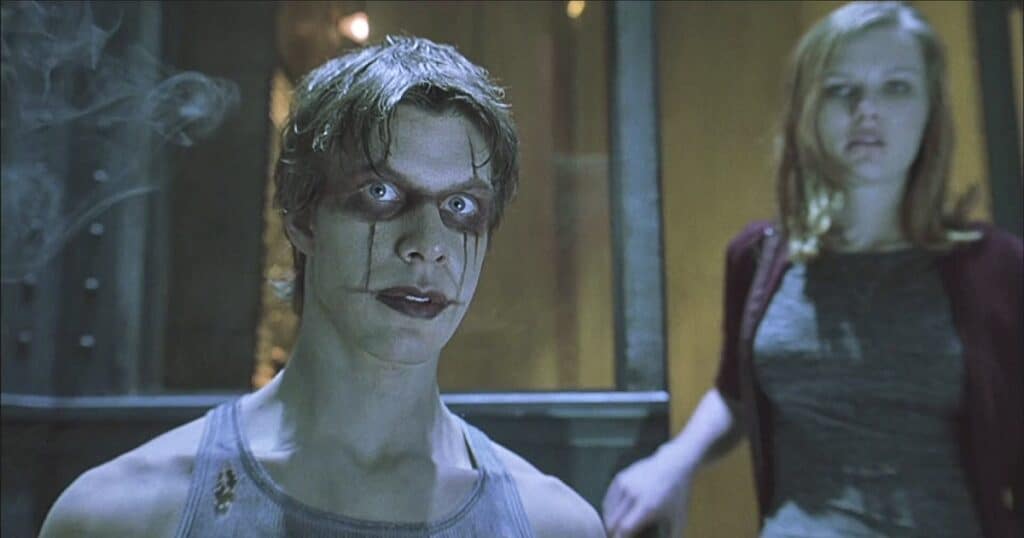
The fact that the film follows the formula of the first film so closely puts it in serious danger of comparison, and in this case, being compared to what many consider a masterpiece is a losing proposition. Here, the film is not on par, not by a mile, no matter what James O’Barr says in the special features on the DVD release. Many people on those features talk about how great this one is, how much better it is than the second one, and how it really brings back The Crow where it should be. Yes, it brings the film back to the roots of the series, but it also lacks originality. It shows through the film, through the characters, the dialogue, some of the setups, etc. Did Alex need to find out he’s immortal by cutting his hands during his escape like Eric Draven shows his hands healing from cuts to show that he can’t be hurt? Did they need to put a gang rape in the story like the first one? Did they need to make it because the girl was “problematic”? There is so much here that could have been tweaked just a little bit. And would have helped greatly in making this a much more original story while keeping the spirit of the original. Because that is something the first film has above all the others, spirit, something about it that just connects with audiences. Here, some of it connects, but most of it doesn’t for most people.
And reviewers made it quite clear, considering the reviews at the time and with today’s Rotten Tomato scores. From reviewers is at a solid 18% and the rating from users is at 43%, which shows a bit of a better appreciation for the film. Mind you; these are higher percentages than the second film, which stands at 11% with reviewers and 40% with users. Looking at the original’s 84% and 90%, those are some steep drops in enjoyment and love for the sequels. As a side note and to further the diminishing returns theory, The Crow: Wicked Prayer has a rare 0% from reviewers and a dismal 35% from users on the same site… So, what happened here? Why is the 3rd Crow film so poorly reviewed and disliked? Also, why have some people completely forgotten it exists? Well, the answer here is multi-layered, and it’s probably more complex than what research can find, but let’s give figuring out an answer a try. Let’s start with the people involved.
The film is, of course, based on James O’Barr’s work, so he deserves a lot of credit for getting this whole franchise started. However, something went off the rails. The story, while trying to come back to the core of the original film, plays out the same way. The “Real love is forever” thing, the lady gets raped, killed, and her significant other gets killed, too, leading to him returning to exact revenge. Here, it feels paint-by-numbers, like the Hallmark version of a fantasy revenge horror film. The script for Salvation came courtesy of Chip Johannessen, who, before this film, had television credits on Married with Children, Rugrats, Beverly Hills 90210, The Monroes, Millennium, and The X-Files. It may have been all television, but some of these are great credits to have. His script here is just a bit generic. It uses all the tropes for the series with a few twists, like making the evil gang a bunch of crooked cops working under the orders of an even more crooked Captain. As mentioned before, every archetype from the first film is represented. Considering how the second film majorly under-performed, going back to the original’s formula was a good way to ensure this one would be a hit. Except, it didn’t work. The story comes off as too generic, with little to offer regarding new things. Nothing in the story feels like it was written with any sort of passion, which is something the first film had in spades. Had this been the first film in a franchise, it would not have felt as unoriginal and as much as a wasted opportunity, but it probably would not have led to any sequel. That being said, the story, like the film as a whole, is serviceable in terms of a revenge film with fantasy aspects. It’s not the best, but it’s also not the worst, which is a whole other problem all its own. Had it been amazing, it would have been a massive hit considering the name the film carries. Had it been absolutely terrible, it could have circled right back into a fun territory and been a cult hit.
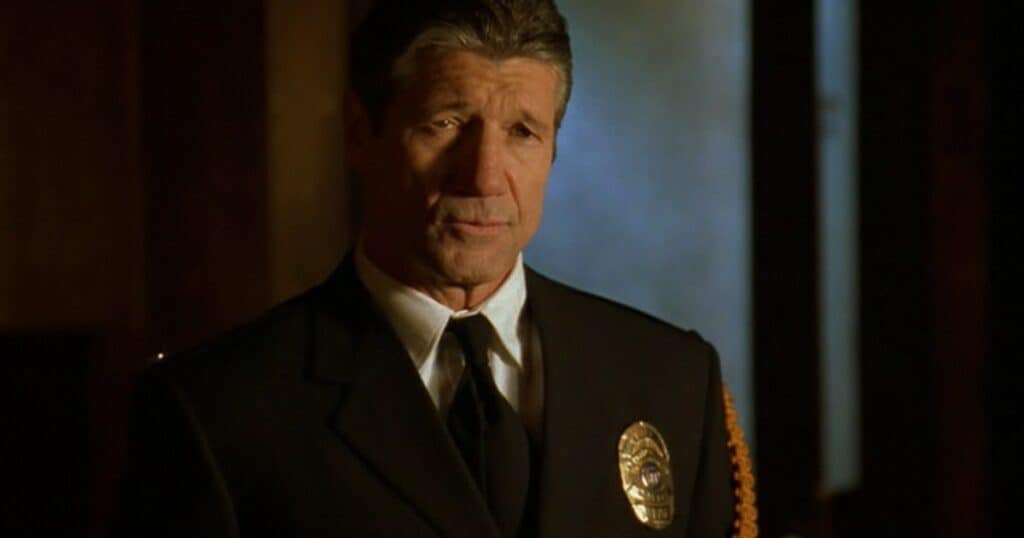
From the writing, let’s move on to the directing. And well, it’s bland. It’s just there, basically. The director here is Bharat Nalluri, a man who had directed two episodes of New Voices and two films, Downtime and Killing Time, both of which will not have been on most people’s radar. Nonetheless, the producers seem to have seen something in him and his potential. The interviews on the DVD release discuss his work as one of the calmest, most chill directors ever, someone willing to work with actors, and let them develop their characters, as well as someone who never raised his voice, something Kirsten Dunst seemed surprised by in her interview, something that is fairly sad when you take the time to think about it. His work here is okay. It’s not great; it’s just okay. Once again, just coasting, which seems to be this film’s production motto. Of course, in interviews, he seemed very much into this and so happy to be shooting this film; however, there is not much passion translating to the screen here. Some of the cast did show more passion, though, at least in interviews around the time of release and on the home media releases since. At the center of it all is the lead, Eric Mabius.
The idea of Mabius as a lead here was interesting based on his performances in Welcome to the Dollhouse and Black Circle Boys, but where this casting lost a lot of people was on the insistence of the production that his character be 19 years old. In 1999, there was no way Mabius could pass for 19 years so, so why not make the character in his twenties and avoid the issues? Was it so that he could be more innocent? Was it so that his girlfriend, Lauren, could also be a teen and have that forever-teen innocence about her? Why was there a need for them to be teens? Maybe because her sister was to be played by Kirsten Dunst and the part was a mid-teen girl, so they wanted the girls to be close in age to explain why they were close in life? There are so many questions about the need for these folks to be teens when their cast was definitely not that age, except for Dunst. It would have been so easy to have them be in their 20s, keeping Erin a teen and having Lauren care for her. This would have kept closer to the first film’s dynamics and would have made more sense with the age of the lead. The obsession with youth may have cost this film some logic and some better character development. As Erin, Kirsten Dunst is one of the best performers in the film, being that she put some emotions and energy into her character, and she clearly wants to make the most out of her screen time. She was a teen and outacted many of the more experienced cast members. William Atherton, who plays her father, Nathan
Randall, who gives a performance that at times feels off and at times comes off as completely phoned in. Jodi Lyn O’Keefe plays her sister, Lauren, the woman whose assault and death are central to everything here. And O’Keefe does well with what she was given here, which is clearly not much, and that leads to her character is a bit too close to Shelly in the first film, something that was most likely accidental. Giving two of the more interesting performances here are Fred Ward as the Captain and Walton Goggins as one of his underlings. Both of them show that no matter the part, no matter the movie, they give performances viewers will remember.
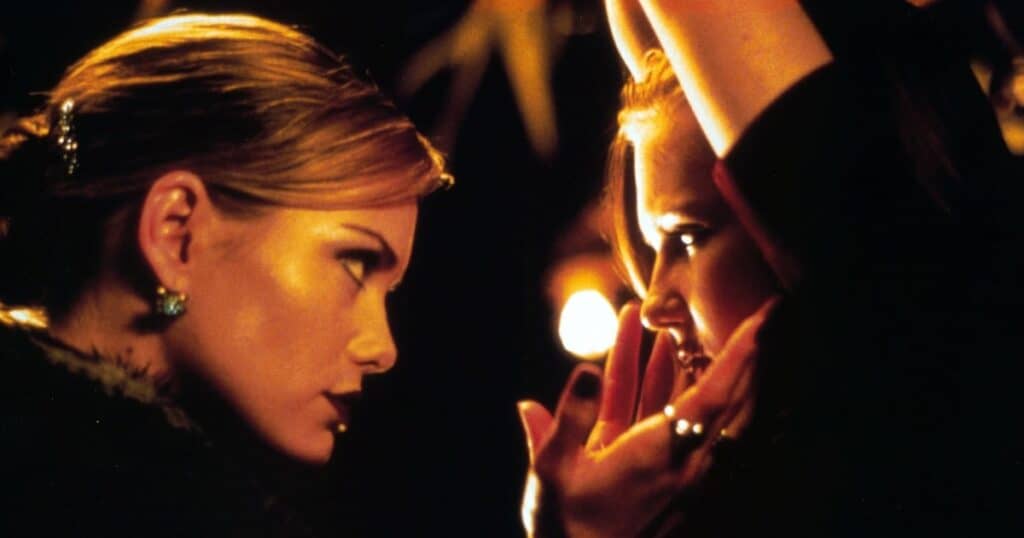
Back to Mabius, his performance shows some potential here, but something seems to be holding him back. At times, he hits it right, and it becomes a connected performance. But in others, he’s way off and way too much, too extra, almost leaning into camp territory, which is not what this film needed. He is clearly talented, as shown in his work in Splendor and Welcome to the Dollhouse before Salvation. This man had potential here, and something went wrong with his performance, much like with the film itself.
Now, for something that worked! Yes, some of the stuff here works, whether people gave the film a chance or not. The film has a great look and a fantastic soundtrack. Are these as good as the first film? No way. There was no chance of that happening, so the fact that the look is a bit of a pre-Emo, post-Goth, somewhat industrial, definitely set for most of the movie, is actually a good thing. The film looks like a dark comic book, something that connects it to the original material and its follow-up comic series. So, the look of the film, with its darkness, the gloomy mood throughout, and the sadness that seems to hang in the background.
The soundtrack is filled with metal and other appropriate tracks, even including a song from Rob Zombie, who was supposed to make his own Crow movie back around that period called The Crow 2037, which would have been at least a heavy departure from the previous films, but the level of violence and horror in his script seemed to have scared the producers who went with a safer option with Salvation. Besides Rob Zombie, the soundtrack has some work by Danzig, Tricky, Filter, Hole, and Stabbing Westward, to name but a few. It even has a song that samples Juliette Lewis’ cell monologue in Natural Born Killers. It’s a fun soundtrack. The score by Marco Beltrami also works quite well. So, the film is not a complete loss. In terms of box office numbers, there isn’t much to be talked about. The film was released on one single screen in Spokane, Washington, in what some have come to believe was an effort to both fulfill contractual distribution requirements and kill the film by releasing it in a market where it had no chance. And it does look like it is the case. Had the film been released in Los Angeles, New York City, and Chicago as first markets like many films back then, it would have had a chance to be at least seen by the hardcore Crow fans who were actually awaiting this film with some eagerness.
A couple of the previous episodes of WTF Happened to This Horror Movie? can be seen below. To see more, head over to our JoBlo Horror Originals YouTube channel – and subscribe while you’re there!










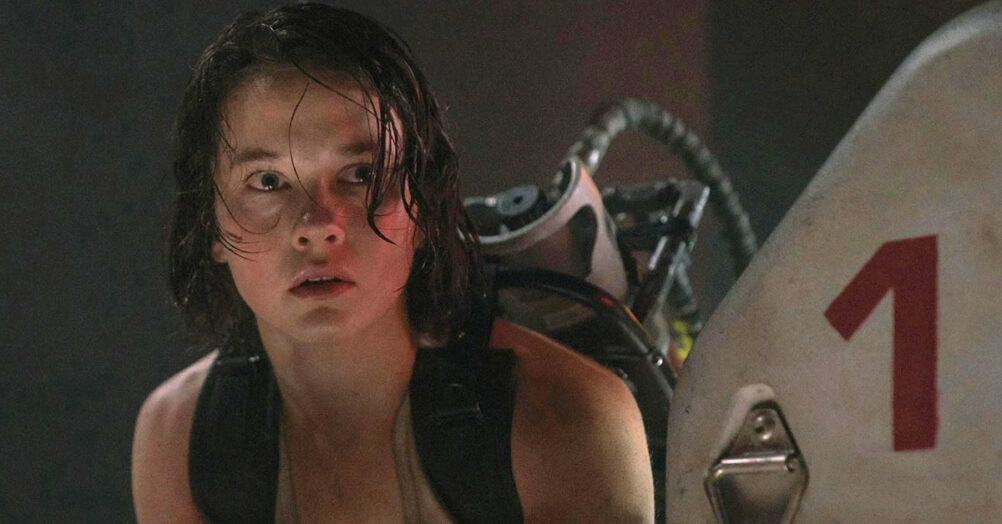


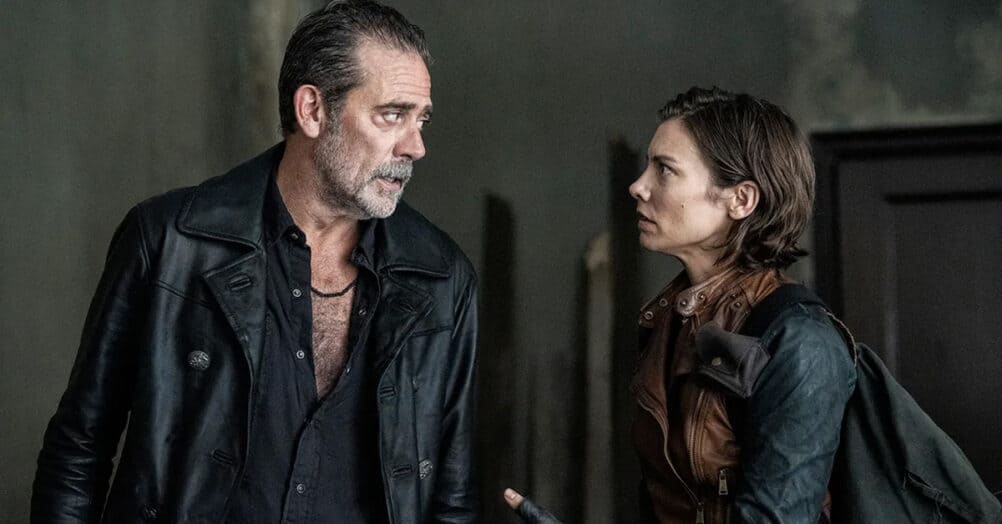
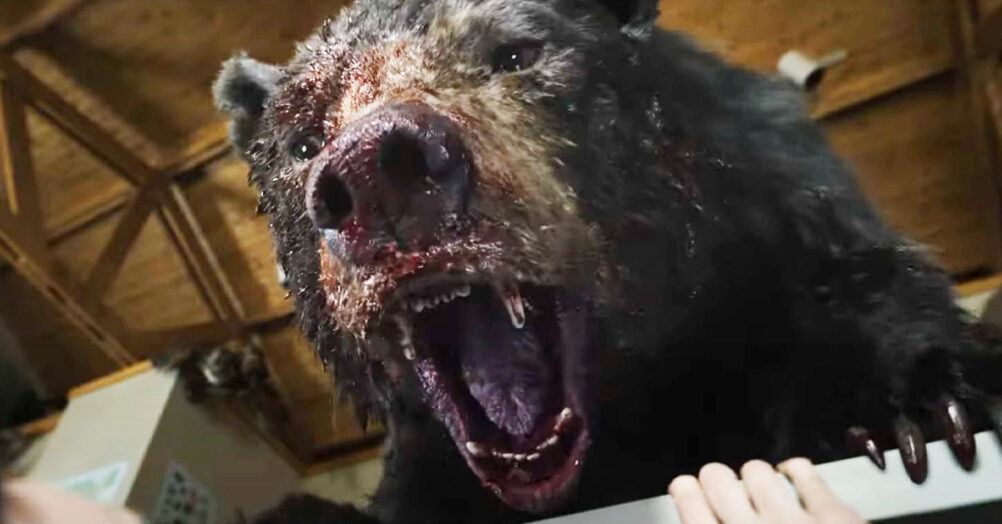

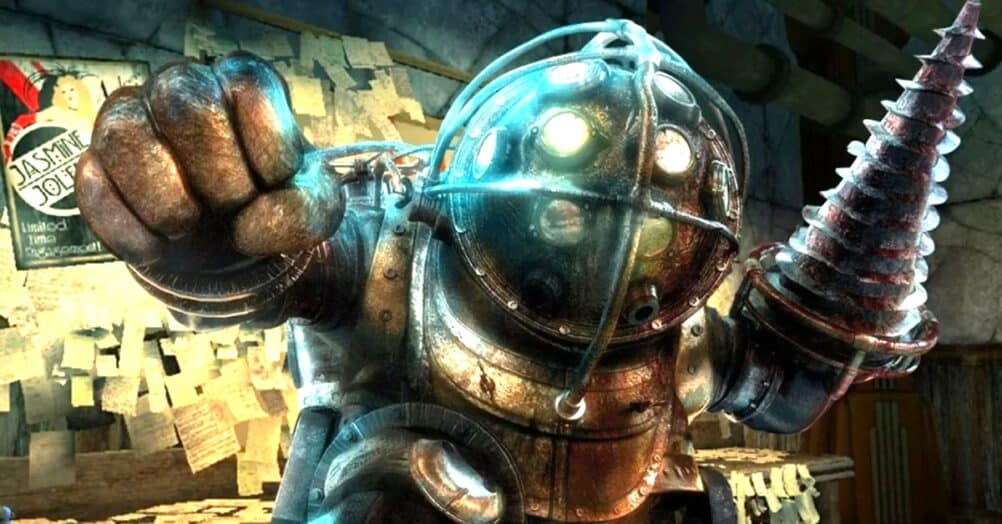
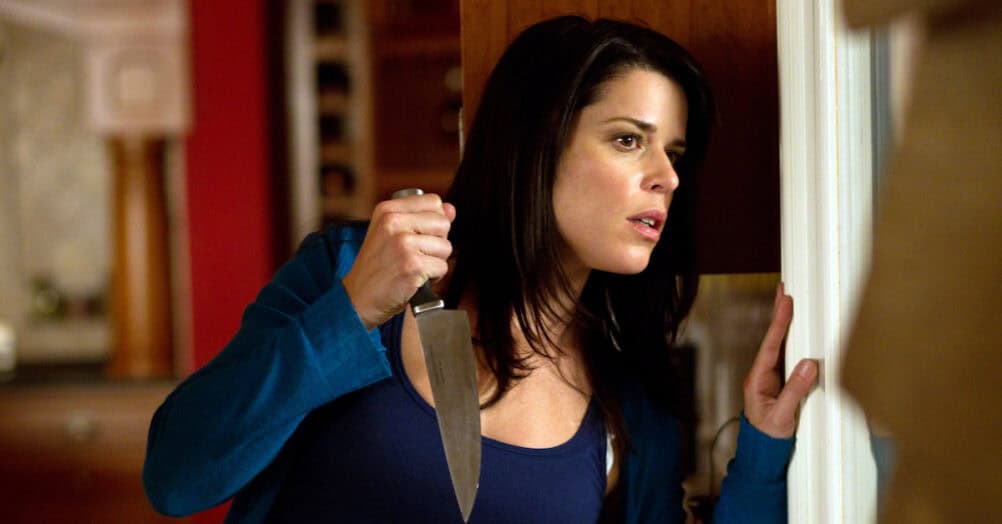


Follow the JOBLO MOVIE NETWORK
Follow us on YOUTUBE
Follow ARROW IN THE HEAD
Follow AITH on YOUTUBE